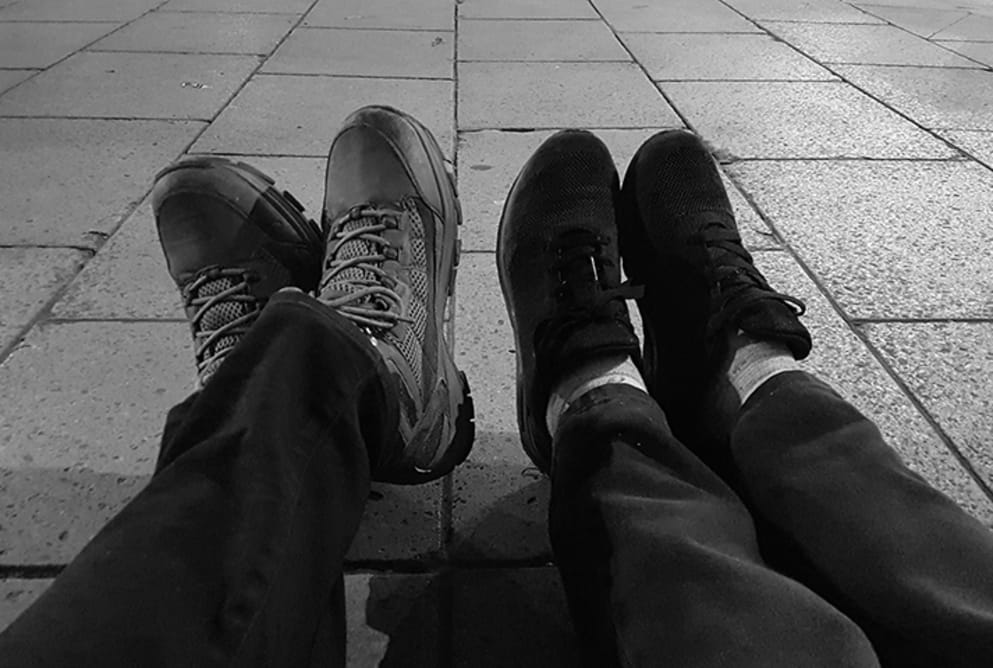In our latest blog post, our Bradford Outreach Worker reflects on supporting people who relapse, and why empathy and strength-based support is so important.
"At Simon on the Streets, we always focus on empathy when we provide support. Empathy involves attempting to understand, feel and walk
alongside our clients on their journey. We’re with them through the good and
the bad, and it can be a rollercoaster journey.
Experiencing Relapse
Someone’s journey can change very quickly. I see this often when someone relapses. Relapse is often a stage in any recovery process. When a client does relapse, it’s heart-breaking to watch the emotions that arise: the guilt, denial, avoidance and self-blame.
I have worked with a client for four years who has experienced several relapses. Recently, they suffered a relapse and during a bad episode smashed their room to pieces. They had always taken great pride in their room and it was always spotless.
After the incident, we sat and talked about everything
going on. They told me that they had decided to take drugs after being tempted
to by some of the other residents. They said they felt disgusted with
themselves, that they were weak and devastated at what they had done.
Focusing on strengths
Many people I’ve worked with have seen their relapse as a huge mistake that they’ve been so ashamed of. One client I worked with felt so ashamed and worthless after a relapse that they attempted suicide.
This is where strength-based support is so important. To
provide hope. To remind that person of their strengths and all they have
achieved. To assure them that to slip up and make mistakes is part of being
human.
We talked about their options and available next steps.
They said they would like to leave their accommodation. They are now staying in
a new place and are back on the road to recovery.
With them every step of the way
Ultimately, it’s down to the individual to change, but our role is to help them and be there for them every step of the way, through the good and the bad, waiting for the moment when they say “Right, I’m ready to try again.” This could be in a week, a few months, or maybe even years. Which is why our support is unlimited."
